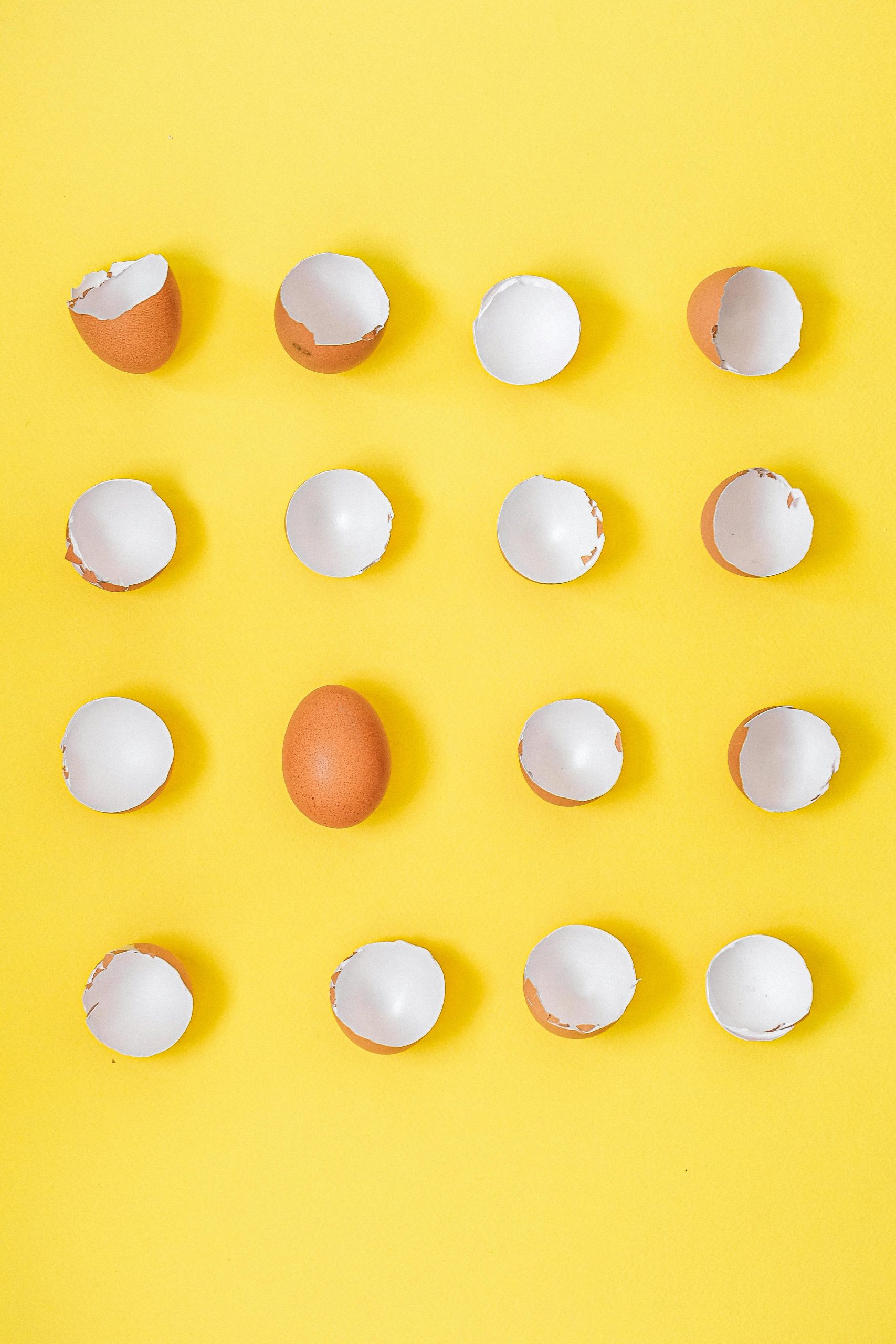I’ve Just Discovered a Frightening Truth About AI That Everyone Seems Unaware Of
The Hidden Cost of AI: Losing Our Capacity to Be Bored and Its Impact on Creativity
In the rapidly evolving landscape of artificial intelligence, there’s an often-overlooked consequence that warrants serious reflection: the erosion of our ability to experience genuine boredom. While AI and its sophisticated algorithms are revolutionizing industries and daily life, they may also be subtly stripping away a fundamental aspect of human cognition—our capacity to be bored.
Take a moment to consider your recent experiences. When was the last time you truly allowed yourself to be bored—unplugged, unstimulated, with a wandering mind? For many, the answer is probably never. The instant boredom creeps in, we instinctively reach for our smartphones, scrolling through endless feeds, videos, and notifications. AI-driven platforms are always eager to fill that void, providing us with instant entertainment tailored precisely to our preferences.
Yet, this reliance on AI as our default boredom buster comes with a profound cost: boredom has historically been the crucible of creativity. Some of the most groundbreaking ideas and artistic masterpieces in history emerged during moments of leisure and reflection. Think of Albert Einstein, who formulated his theory of relativity during long walks; J.K. Rowling, who conceived the magical world of Harry Potter while traveling; or Charles Darwin, whose most influential theories developed during his contemplative expeditions.
Humans evolved to handle boredom by engaging in imaginative thinking, connecting disparate ideas, and creating anew. These moments of stillness and idleness foster innovation, problem-solving, and artistic expression—traits that define our uniquely human experience.
However, AI serves as an unprecedented antidote to boredom. Always available, endlessly creative, and infinitely patient, AI platforms have rendered the simple act of mind-wandering almost obsolete. Instead of letting our minds drift, we seek immediate gratification through curated content—TikTok videos, social media scrolls, endless streams of entertainment—all at the tap of a finger.
This shift raises a critical concern: by eliminating the need to endure boredom, are we also stifling the very environment that sparks our best ideas? Furthermore, since AI models are trained on human creative outputs—those very works born from moments of idleness—what happens when we no longer experience or generate that raw creativity? If the well of boredom-driven innovation dries up, the data feeding AI systems might eventually run shallow.
As we stand at this crossroads, it’s worth pondering the implications. We have effectively addressed boredom in the














Post Comment